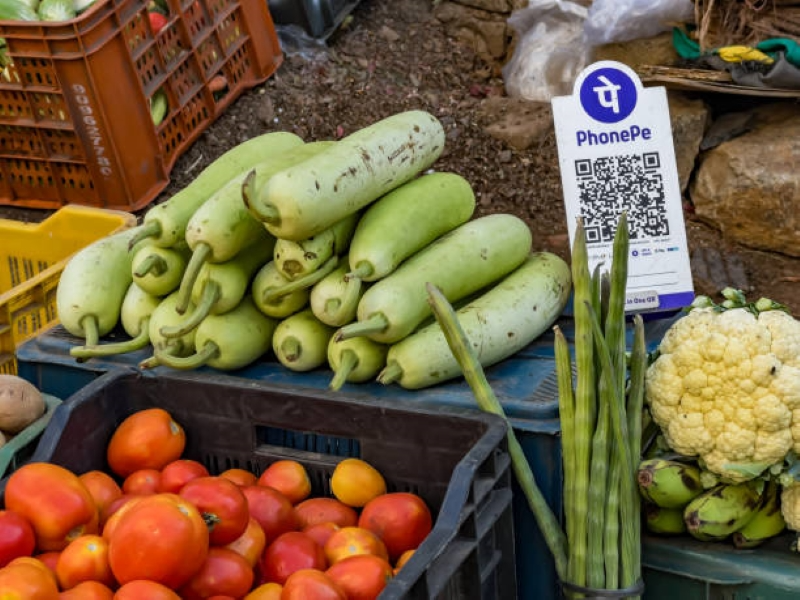- India is moving forward with plans to enhance digital payment systems in Africa and South America, leveraging its successful Unified Payments Interface (UPI) as a model.
- The NIPL has already engaged with at least 20 countries in Africa and South America to develop payment systems modelled after UPI.
OUR TAKE
India’s digital payment systems, particularly the Unified Payments Interface (UPI), serve as a model for other countries. By expanding these systems internationally, India can enhance its influence in global financial markets and promote its technological advancements. Facilitating digital payments in other countries can lead to increased economic activity.
-Lia Xu, BTW reporter
What happened
India is actively engaging with nations in Africa and South America to assist in developing digital payment systems based on its Unified Payments Interface (UPI). A senior official announced that the country anticipates launching two systems by early 2027. Ritesh Shukla, CEO of NPCI International Payments Ltd (NIPL), noted that the overseas branch of the National Payments Corporation of India (NPCI) is in discussions with “several countries” and is nearing an agreement with one.
In addition to assisting in the development of payment systems, the NIPL aims to connect UPI with other countries’ real-time payment systems, including Singapore’s PayNow. Currently, there are seven such connections established, with more planned. To support these international initiatives, the NIPL intends to double its team from 60 members by March 2025, expanding its presence beyond the few executives currently based in Singapore and the Middle East.
Also read: National Bank of Kuwait – Egypt and Visa forge partnership to enhance digital payments
Also read: India cenbank proposes more options to authenticate digital payments
Why it’s important
By sharing its expertise in digital payments, India can foster technological advancements in other countries. This collaboration can lead to innovations that benefit both India and its partner nations, enhancing the global digital economy. Besides, promoting digital payment systems in developing regions can significantly improve financial inclusion. Many people in these areas lack access to traditional banking services, and digital payments can provide them with essential financial tools.
Enhanced digital payment systems can significantly boost e-commerce by streamlining transactions and making them more secure and efficient. As local businesses gain access to reliable payment methods, they can easily reach international customers, breaking down geographic barriers. This opens up new markets for goods and services, allowing small and medium-sized enterprises (SMEs) to compete on a global scale. The growth of e-commerce fuelled by improved digital payments not only boosts local economies but also fosters innovation and entrepreneurship.

